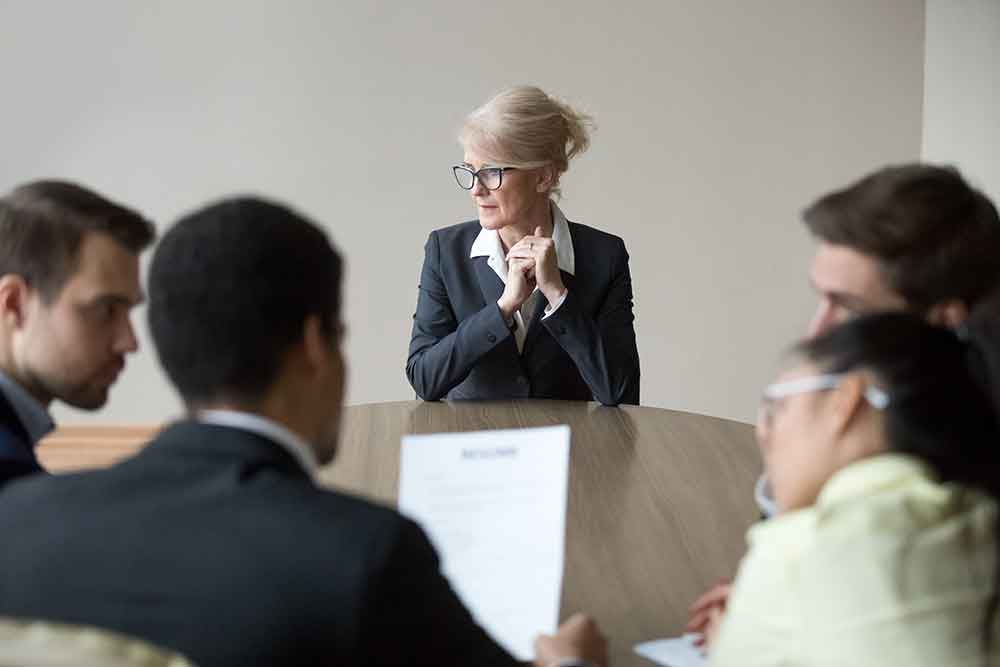
Patricia Taylor joins WM People as chair
Patricia Taylor has been appointed chair of the board of directors of workingwise.co.uk's...read more
Author Ashton Applewhite was a keynote speaker at last week’s Future of Ageing conference and outlined how ageism at work is holding the workforce back.

If we want to maximise the longevity dividend we need to tackle ageism and ensure everyone has equal rights, a leading campaigner told a conference on the future of ageing last week.
Ashton Applewhite, author of This Chair Rocks: A Manifesto Against Ageism, was a keynote speaker at the International Longevity Centre’s Future of Ageing 2019 conference.
She said that in evolutionary terms there has been a tectonic shift as increasing longevity means we are now seeing five living generations in families. “At a time of profound uncertainty, we cannot afford to add age to the mix of divisions we are facing,” she stated. “It’s time for all hands on deck.”
She firmly believes that experience is an asset and that the value of human beings does not diminish over time. She called on everyone to confront the structures that profit from ageism, which she said affects young people too.
So how do we do that? Firstly, we need to face up to the ageist assumptions that are all around us, said Applewhite. “All of us are ageist because we are bombarded with ageist messages from childhood. You cannot challenge bias if you are not aware of it. Unlearning is hard, but we need to challenge the underlying messages that to age is to fail. Otherwise we are colluding in our own disempowerment.”
She added that prejudice is about power and about how those in power assign meaning, for instance, to how people look or suggest that the old are profiting at the expense of the young.
Applewhite cited a Eurobarometer survey which showed age prejudice was more pronounced at work than anywhere else, with stereotypes suggesting older people are less productive when these have no basis in fact.
Such stereotypes are important because they impact people’s behaviour. For instance, she said research shows that people who associate old age with something positive are less likely to develop dementia.
She added that it was important to address the huge cultural issues that dictate how we think about age. She also pointed out that women suffer more from ageism than men as they are more likely to earn less due to caring responsibilities falling mainly on them, with employers stopping investing in women’s careers decades earlier than in men’s as well as from bias about their looks as they age. Women, she said, reinforce this by competing to stay looking young which sets them up to fail and pits them against each other.
She added that bias around social class, ethnicity and disability made ageism worse for particular groups.
Our narrow definitions of productivity and attractiveness also lead to the kind of negative assumptions that drive the underreported problem of elder abuse, said Applewhite “Elder abuse is a function of ageism,” she said. “It is a human rights violation.”
Ageism also ‘corrupts’ our end of life decisions, she added, making people worry about “being a burden” and stopping them from having honest conversations.
She stated that in the US many older people don’t have younger friends. “An intergenerational world is a better world,” she stated. “We should quit hand wringing and think imaginatively about how to shape a world without ageism. To age is to move through life. We need equal rights across our lifespans.”
*For a host of tools for tackling ageism go to https://www.oldschool.info and subscribe to the site’s regular newsletter connecting the anti-ageism movement.